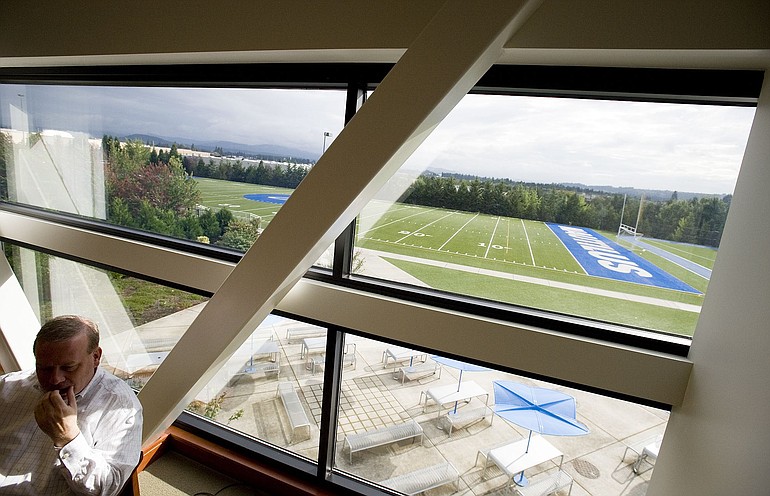For a while now, Nautilus Inc. (NYSE: NLS) has looked more like an injured athlete craving a chance to get back in the game than one of those sculpted, ready-to-win models featured in its Bowflex TV ads.
In the second quarter of this year, the publicly traded Vancouver-based maker of fitness equipment found itself nursing yet another quarterly net loss, $10.7 million, or 35 cents a share. The bright spot, if one could call it that, was that the loss was smaller than the $20.8 million, or 68 cents a share, it lost in the second quarter of 2009.
What hasn’t been lost is the company’s drive to get back on track. Spurring Nautilus forward is its dedication to research and development, which consume 2 to 3 percent of total revenues, or roughly $3 million a year, said Bill McMahon, senior vice president of consumer business. While the company has made several painful cuts, “We continue to invest in R&D,” McMahon said. That fuels everything from new product offerings to improvements to the company’s Bowflex home gym.
Nautilus, with equipment that has helped countless customers lose unwanted weight, shed some pounds itself last year. It shuttered its commercial division, which sold equipment to health clubs and hotel chains, to focus on its direct-to-consumer and retail business units. Now, the company is at a crossroads, as it aims for a return to profitability after three turbulent years.




